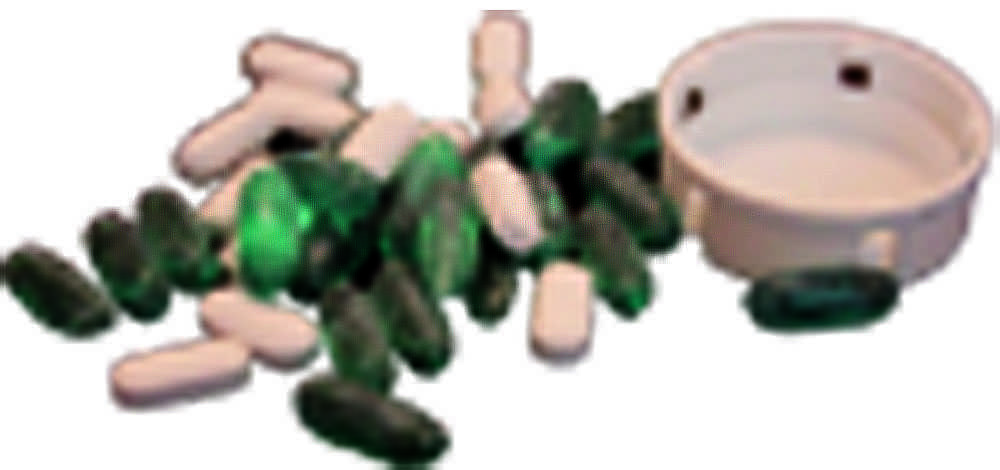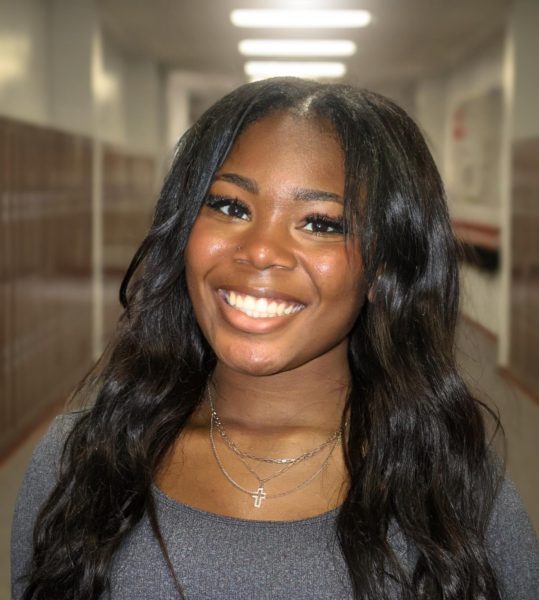Academic addiction
Students abuse ADHD medication
Medication for the treatment of attention deficit hyperactivity disorder began in the 1960s. Fifty years later, teenagers in high school now abuse the same stimulants that were originally created to treat children with ADHD.
Ritalin was originally designed for the treatment of narcolepsy, fatigue, depression and sedative side effects from other medication. What was once a wonder drug is now abused in large quantities for the sake of “all-nighters” and acing exams. Senior Jane Williams* has been taking Vyvanse since 9th grade.
“A lot of people are so wired they can stay up for days,” Williams said. “For me, I’ll just be laying in bed and it will be 11:00 p.m. but I won’t fall asleep until 4:30 a.m.”
Although Williams is now prescribed, when she started trying Vyvanse she was getting it from other students. She was taking up to 120 mg a day without a doctor’s guidance. Williams now takes 50 mg capsules in the morning, and will sometimes take an extra one if she has extra work to do that day. She said she knows it is not good to take 100 mg a day, so she only does it when she is stressed.
“My parents don’t keep track of it,” Williams said. “I have my bottle with me all the time so they don’t even look at it. I take care of all my doctor stuff on my own and I fill my own prescriptions.”
Senior John Smith* had been prescribed since third grade. Despite having ADHD, he is no longer allowed to take medication for treatment. He began occasionally selling his prescription Ritalin during his sophomore year, and then continued to sell them in large quantities during his junior year.
“For Ritalin, the highest you can go on is 200 mg,” Smith said. “I was only taking, like, 80 mg. It isn’t as strong, but most people don’t realize that. Not everybody knows what the dosages mean, so you can just say that it is a lot and people don’t know.”
Lack of knowledge about prescription medication leaves room for teenagers to learn more from their own experience. Not only do they not always know what the correct dosages are, they are also not always aware of the side effects. As Williams learned, one of the side effects of ADHD medication is a loss of appetite.
“Sophomore year I lost five pounds maybe, but then junior year after I went through everything that was happening in my personal life, I lost 27 pounds on it,” Williams said. “I wouldn’t say it was the reason I lost weight, but I guess I became a little anorexic. I didn’t eat and I got down to 93 pounds from 120. It takes away your whole appetite.”
Williams did not start taking it to lose weight since she was already on it, however, she did learn that is helped her stay away from food.
“I would definitely be like ‘Oh my God if I don’t take it I’m going to eat’ on the weekends,” Williams said. “So I would take it on the weekends more often than I really needed to.”
Williams does not sell her medication often, but instead will trade a few pills for a favor. She said she gave a friend several Vyvanse in return for finishing her eSchool for her.
“I’ll give some to my best friends if I have extra ones at the end of the month,” Williams said. “It’s usually like ‘I have this, this and this due tomorrow and I have to pull an all-nighter’ type of thing.”
Smith became accustomed to selling his medication by the bottle and earned nearly $1000 doing so. He sold each bottle of 20 pills for $80 to $100.
“I wasn’t really taking it while I was selling it,” Smith said. “Every time I would see one on the counter in the morning, I would just take it and put it in the bottle until I had 20, then I’d sell it.”
Though Smith mostly sold to Plano West students, he would occasionally sell individual pills to Plano students.
“My friends from West would ask for a big bottle and they’d give me $80 each,” Smith said. “I could make $160 in one day. They would sell it to other West kids, and when they were out they would come back to me for more.”
Although he created a fairly profitable business in selling them, his actions did not come without repercussions. At the start of the spring semester during his junior year, he was placed in a substance abuse program.
“My mom put me in the program, but I also went willingly,” Smith said. “It wasn’t like what normal teenage guys do, where everyone smokes and drinks. It was more like during Christmas break I was getting really messed up and going into my room for hours and just not coming out. I was doing self-medication type stuff.”
The program drug tested him when he first started. They were given a list of medications that were expected to be in his system. Seroquel for anxiety and Ritalin for ADHD were both on that list. Seroquel showed up as normal, but Ritalin was completely out of his bloodstream. Ritalin is supposed to stay in the body in small amounts for months even after someone stops taking it.
“That’s how she figured it out,” Smith said. “She started going through my stuff and found wads and wads of cash. She just put two-and-two together that I must have been selling it.”
Smith was in the program for three months, three times a week and three hours a session. At first he lied to his mother about selling his medication, but as he went further into the program he told her the truth. During the program, they drug tested him every day, even if he had sessions two consecutive days.
“I don’t even keep them in my house anymore,” Smith said. “Because if I had them, I guarantee you I would still be selling them.”
He was put in the program when his mom knew he had drugs and alcohol in his system. Now, he does not take any narcotics and does not treat his ADHD.
Senior Joe Jones* is not prescribed ADHD medication, but both takes it and helps his friends to buy it from others. He began taking it after his friend told him how much it helps with studying. Later, he used it while taking his SAT. Jones mostly takes them during exam week and testing.
“I procrastinate and wait too long to study, so I am usually pushed to finish things faster,” Jones said.
Williams, Smith and Jones have all seen firsthand the circulation of ADHD medication across Plano. While it may not be addictive, it takes a semi-permanent place in some student’s lives.
“It was really freaking easy,” Smith said. “It was not hard at all. I sold about 10 or 11 bottles, and most of it was during exam week. That is when people need it the most. It was all just really fast.”
*Names changed for privacy
Your donation will support the student journalists of Plano Senior High School. Your contribution will allow us to purchase equipment and cover our annual website hosting costs.
Alexis Harris is a senior and the print editor of the Wildcat Tales. She has loved reading and writing her entire life, from classical literature to poetry...








